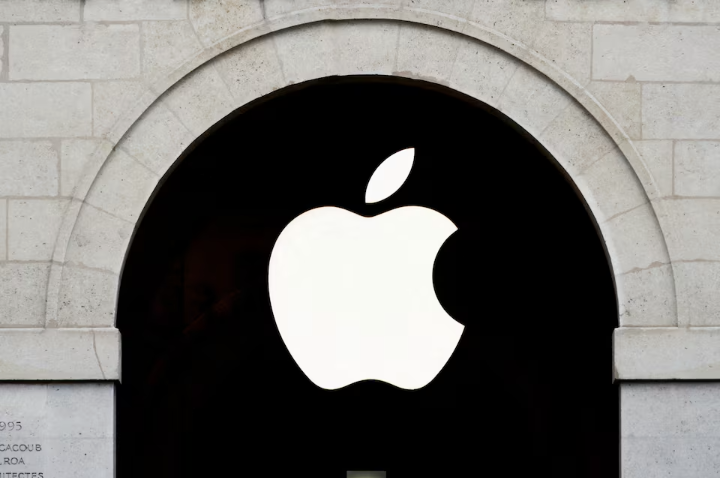Apple and Alibaba, two of the biggest tech giants globally, have hit a significant snag in their plans to roll out artificial intelligence (AI) services in China. According to a recent report by the Financial Times, their ambitious AI collaboration, announced earlier this year, is facing delays due to regulatory hurdles from Chinese authorities.
Back in February, Apple and Alibaba revealed a partnership aimed at enhancing AI-powered features on iPhones sold in China. This move was seen as a strategic effort by Apple to reinvigorate its smartphone sales in one of its most critical markets. By leveraging Alibaba’s robust AI technology and cloud infrastructure, Apple hoped to offer smarter, more localized AI services to Chinese users.
However, the Financial Times reports that the rollout has been stalled by the Cyberspace Administration of China (CAC), the country’s top internet regulator. Sources familiar with the situation indicate that the hold-up is tied to escalating geopolitical tensions between China and the United States. The regulatory environment has grown increasingly complex due to ongoing trade disputes and security concerns.
The delay is a setback for both companies. For Apple, whose iPhone sales have struggled in China amid fierce competition and market saturation, enhanced AI features could have been a game-changer to attract consumers. For Alibaba, the partnership represents an opportunity to cement its position as a leader in AI technology and cloud services by teaming up with a global powerhouse like Apple.
This regulatory pause highlights the broader challenges foreign tech firms face in China’s highly controlled internet landscape. Despite China’s rapid advancement in technology, especially in AI, the government remains cautious about granting access to sensitive data and critical infrastructure to foreign companies. This caution is amplified by the current political climate, where trade policies and national security concerns heavily influence tech collaborations.
Neither Apple nor Alibaba has publicly commented on the delay so far, leaving industry watchers to speculate on the implications. The longer the rollout is delayed, the more both companies risk losing ground to local competitors who continue to innovate and expand without such restrictions.
The situation underscores the complex interplay between business ambitions and geopolitical realities. As the U.S.-China trade war continues, tech partnerships that once seemed promising are now subjected to intense scrutiny and regulation, often slowing down innovation and market expansion.

For consumers in China, this means the AI-powered enhancements Apple promised for its devices might not arrive as soon as expected. For investors and industry analysts, it raises questions about how multinational tech companies can navigate regulatory roadblocks while maintaining competitive advantage.
In the bigger picture, this delay is a reminder that technology development today is as much about politics and diplomacy as it is about innovation. Companies like Apple and Alibaba must balance their growth strategies with the realities of international relations, especially in sensitive sectors like AI.
As the landscape evolves, it remains to be seen how and when this AI partnership will move forward. For now, the story of Apple and Alibaba’s AI rollout in China serves as a cautionary tale about the challenges of doing business at the intersection of technology and geopolitics.



